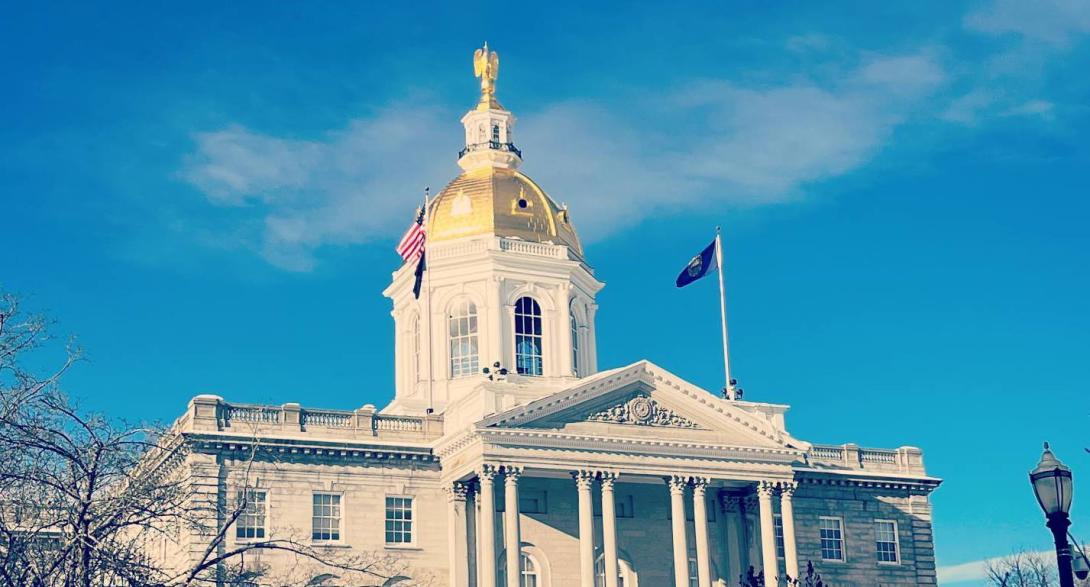The American Booksellers for Free Expression (ABFE), is an organization which fights the banning of books, a form of censorship. This censorship occurs when organizations, government officials or individuals have books removed from bookstores, libraries and/or schools. The reasons given for the banning or censorship is usually an objection to the ideas, themes or content (violence, sex or anything thought to be obscene) in a particular book.
Harriet Beecher Stowe’s Uncle Tom’s Cabin is thought to be the first book to have been banned nationally, not just for its pro-abolitionist leanings, but it led to, oftentimes, heated debates on slavery. In 1873, Anthony Comstock, a United States postal inspector, an anti-vice activist and secretary of the New York Society for the Suppression of Vice, persuaded Congress to pass the Comstock Law. This law made the delivery through the mail system (or by other means of transportation) of lascivious, lewd or obscene materials, illegal. It went so far as to stopping the mailing of any methods of public information about preventing conception, obtaining an abortion and preventing venereal diseases. Physicians pamphlets on reproduction, textbooks on anatomy, ANYTHING by Oscar Wilde along with The Canterbury Tales were thought to be too risqué to go through the mail.
Comstock Law remained on the books until 1957, when Roth v The United States came before the Supreme Court. Samuel Roth, a writer and bookseller was convicted for mailing pornographic magazines to subscribers, and was imprisoned until 1961. Now, the legal system in America needed to rethink its definition of obscenity, again.
Throughout the 20th and 21st centuries, how to define obscenity and how it connects to the First Amendment has been the argument of many censorship disputes. While it is now rare for a book banning case to be brought to the federal courts, challenges to books are still happening on state and local levels.
Here in New Hampshire, HB 514 a bill which is “relative to the dissemination of obscene material by schools and institutions of higher learning” is being considered in the House Education Committee. This bill would require schools to put in place procedures for parents who take exception to materials they feel are inappropriate. Supporters of the bill see it as a way of protecting children from materials which may be deemed obscene. Opponents see it as a form of censorship and claim these procedures are already in place.
Rep. Glenn Cordelli(R-Tuftonboro), who is the sponsor of the bill, claims obscenity laws in New Hampshire need to be stronger. This legislation would affect grades K-12. Some members of the committee asked if school employees would be subjected to criminal consequences.
HB514 is a bill still in committee and faces difficult hurdles before going to the full House for a vote, but is worth watching.

